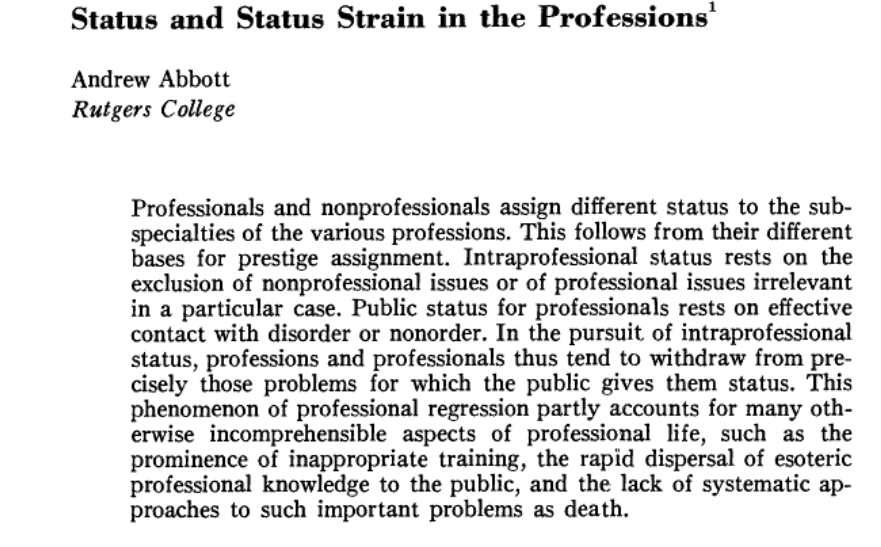Think of an hypothesis test as a proof of concept.
To elaborate a bit:
a) identify a problem— how we’re confused about how (an important aspect of) the world works; &
b) develop a promising solution.
If you’ve done a good job with these 2 steps, the reader should be where you were when+
Really motivated to make progress on the problem & really excited by the potential solution.... but also nervous. Am I really right? Would I really bet valuable resources on this solution?
That's why a proof of concept is valuable!
You might think that the evidence in support+
& if you appreciated the sensibility I shared here, you also might like this (bit.ly/2uu9Wv4) or this:











